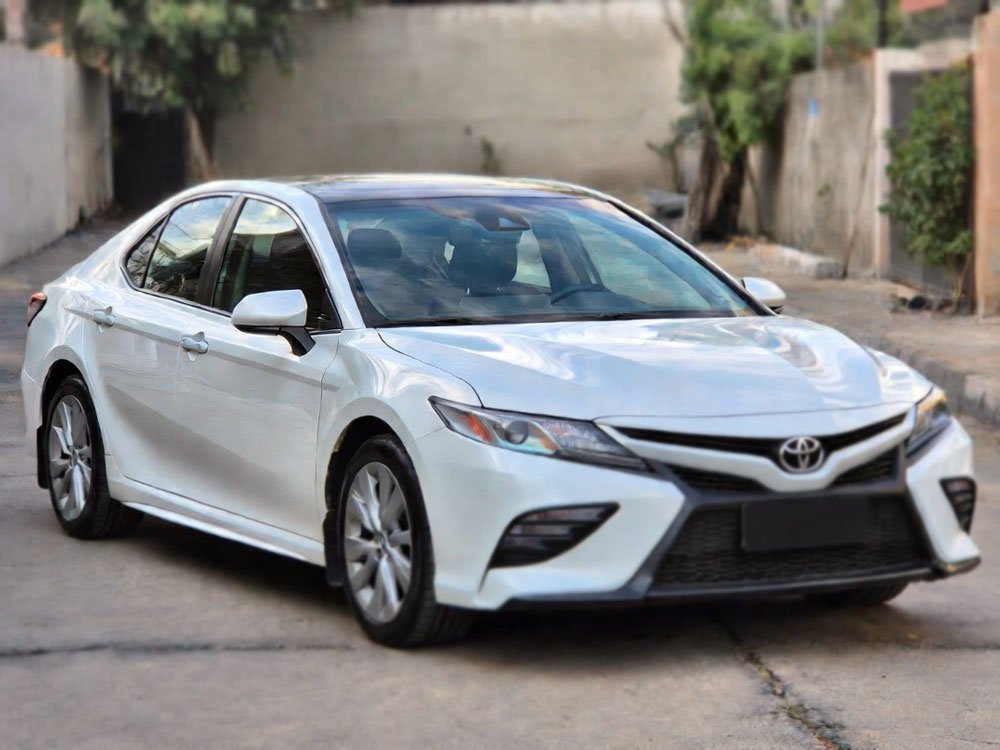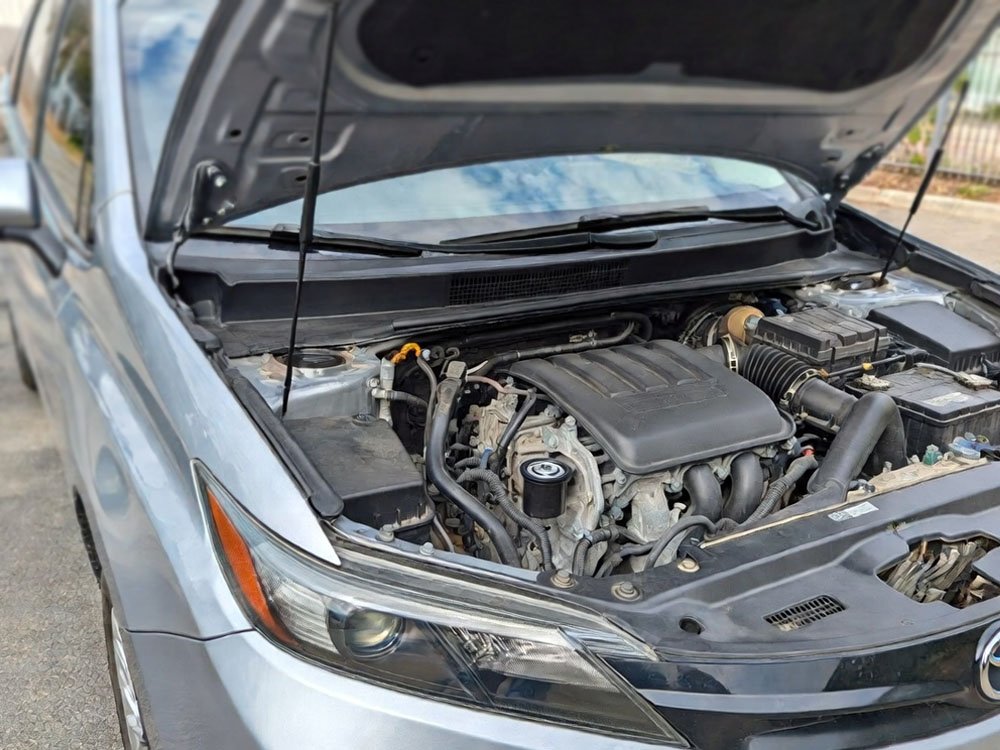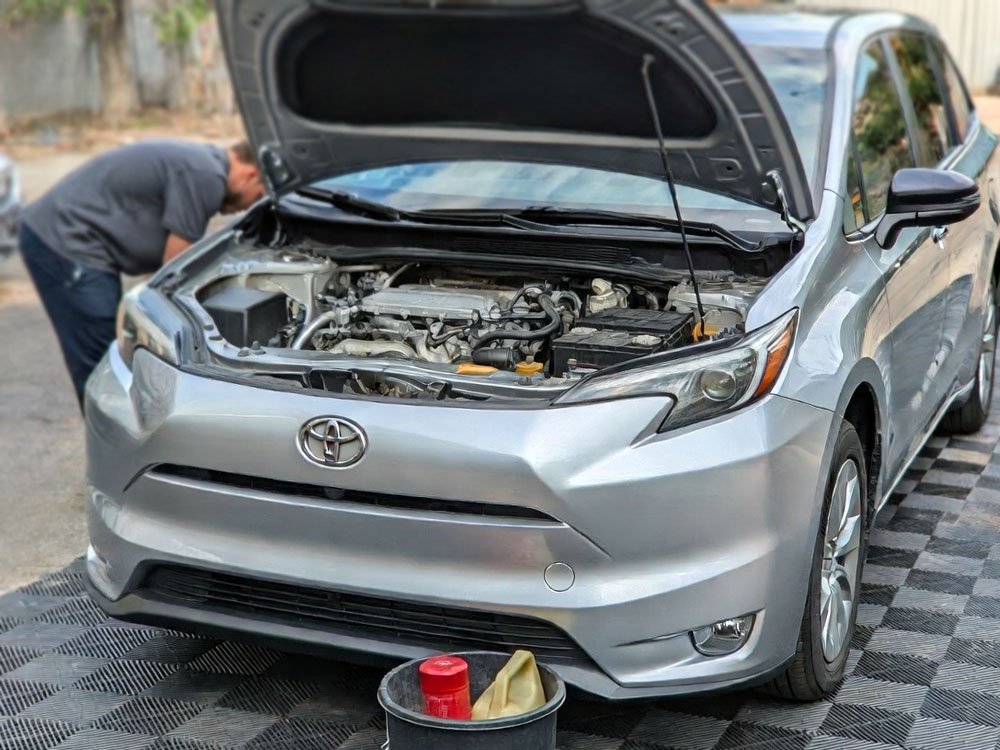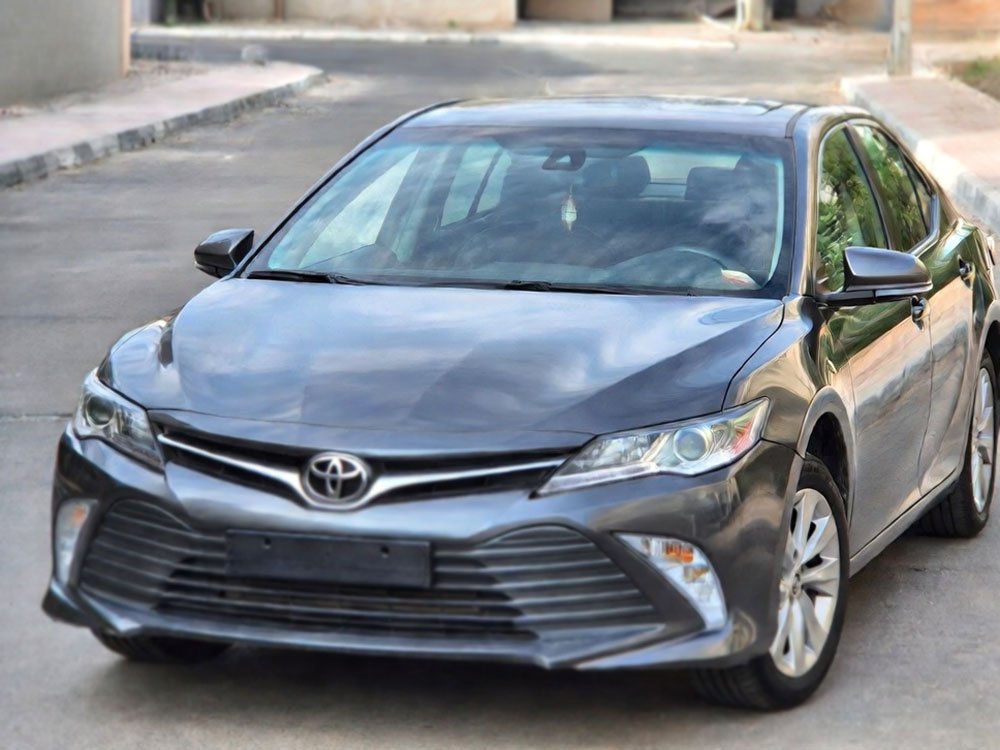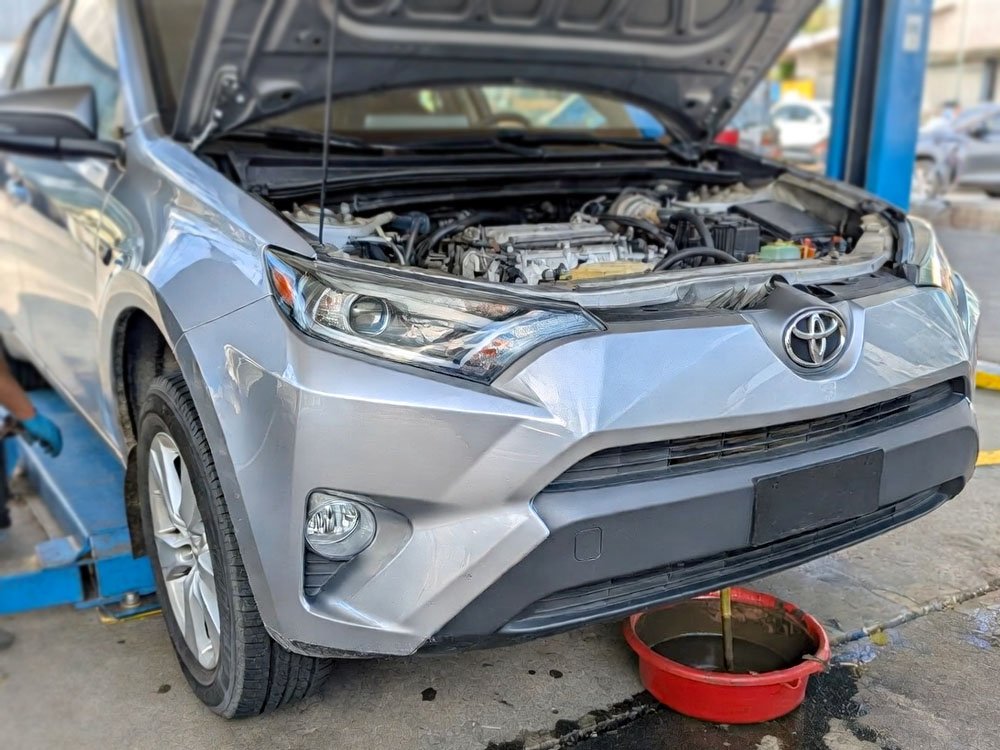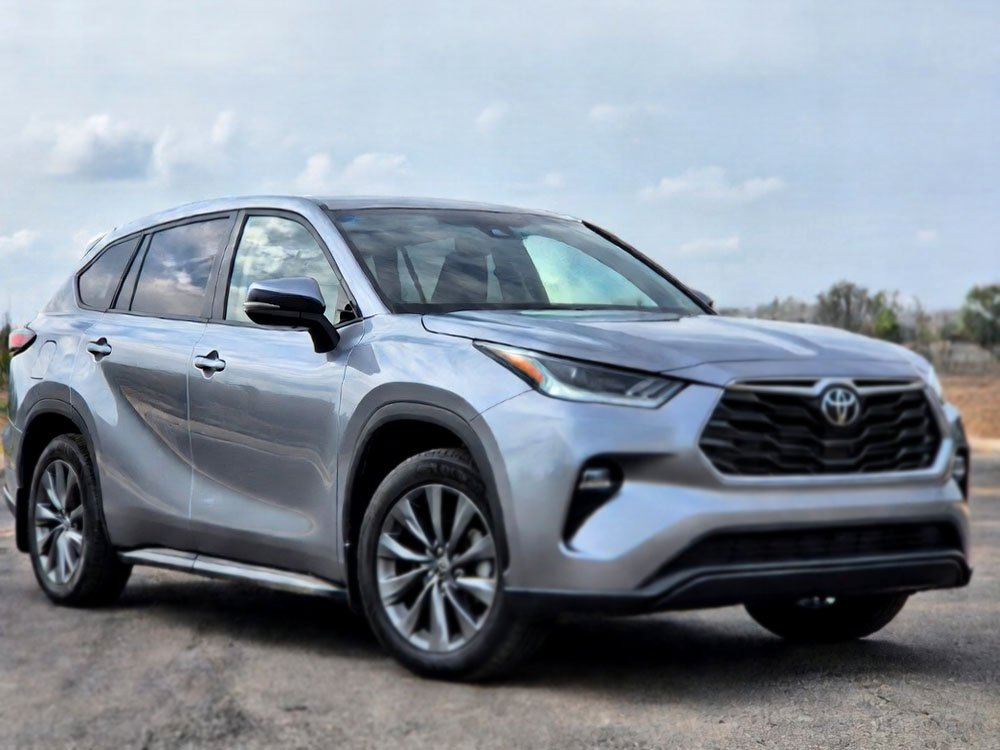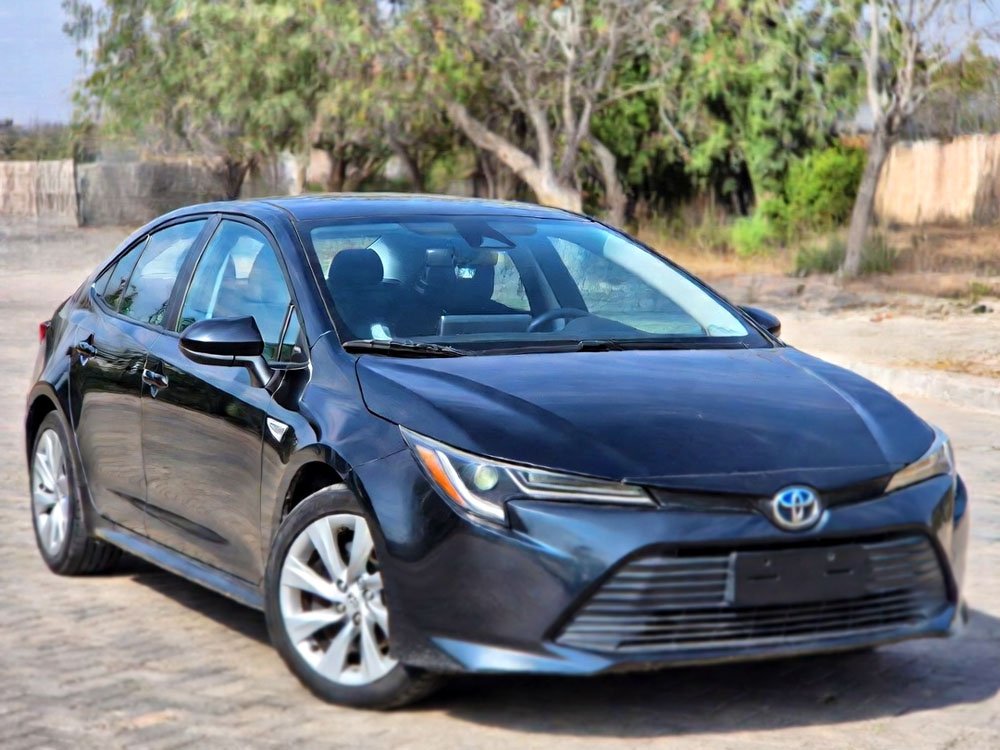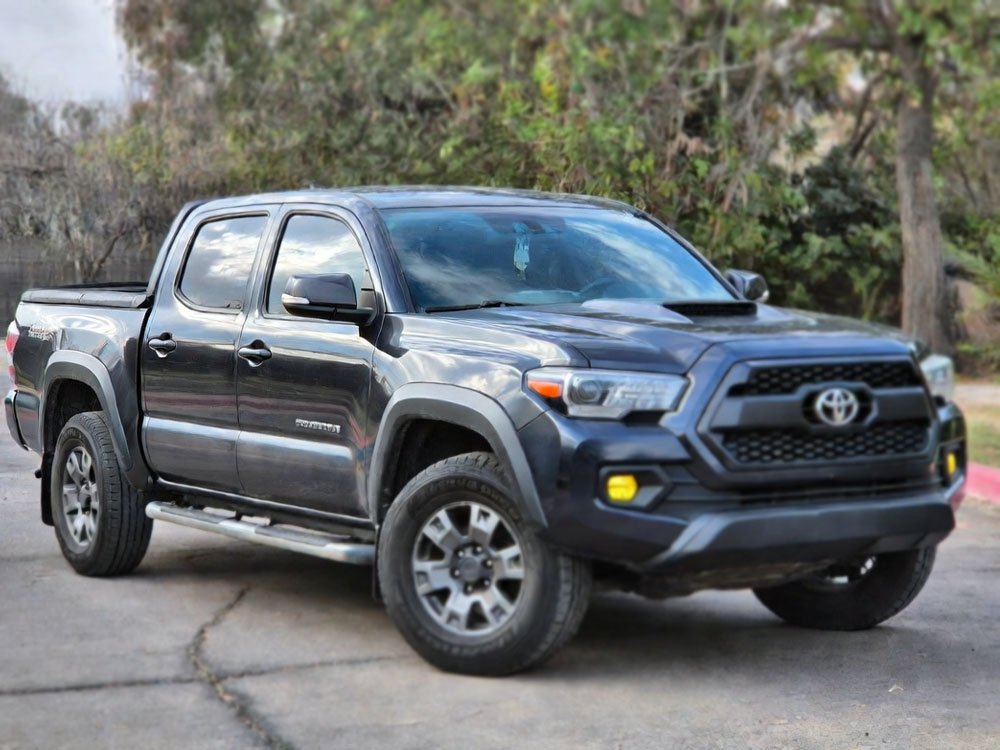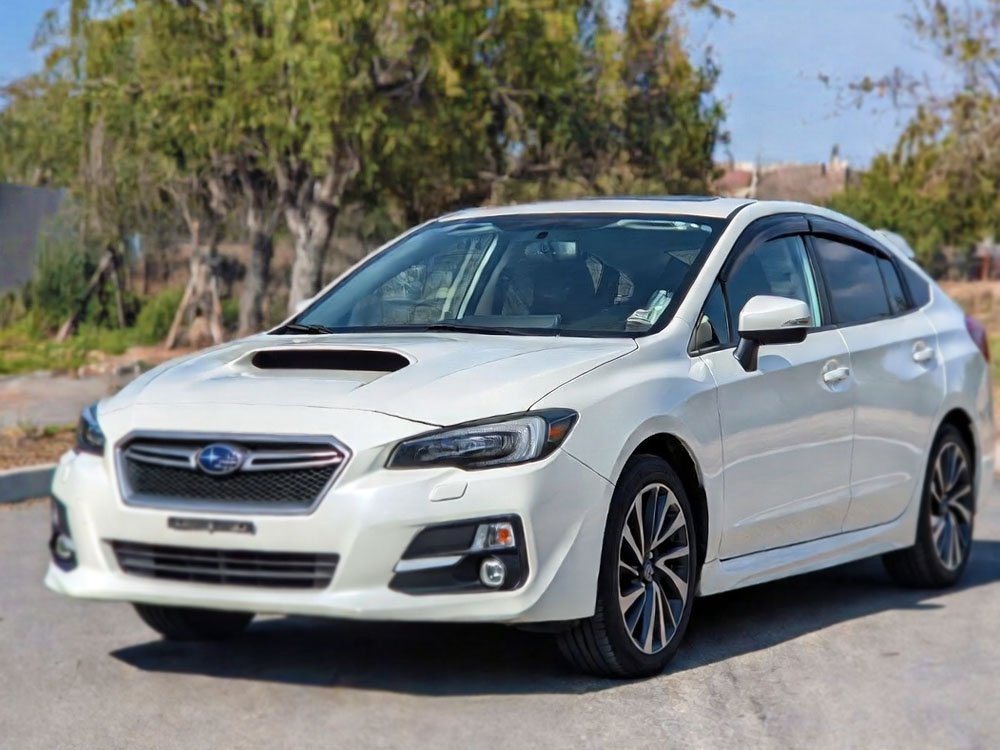As an Amazon Associate, I earn from qualifying purchases at no extra cost to you.
How Much Horsepower Does a 1600CC VW Engine Have?
The Volkswagen (VW) engine is one of the most iconic engines in automotive history. The 1600CC VW engine, often referred to as the “Type 1” engine, is particularly famous among classic car enthusiasts and those who appreciate vintage vehicles. Understanding its horsepower and performance can help owners and potential buyers make informed decisions. In this blog post, we will explore the horsepower of a 1600CC VW engine in detail, including its specifications, performance characteristics, and much more.
Understanding the Basics of Engine Size and Horsepower
What is Engine Size?
Engine size is measured in cubic centimeters (CC), which refers to the total volume of all the cylinders in an engine. In simple terms, it tells you how much air and fuel the engine can burn to create power. A larger engine usually produces more power, but this isn’t always the case. Engine size plays a crucial role in determining the horsepower and torque that an engine can produce.
How Horsepower is Measured
Horsepower is a unit of measurement for power. It quantifies how quickly work can be done. In automotive terms, it indicates how much power an engine can produce. There are two common ways to measure horsepower: brake horsepower (BHP) and wheel horsepower (WHP). BHP is measured at the engine’s crankshaft, while WHP is measured at the wheels after accounting for losses in the drivetrain.
The Relationship Between Engine Size and Horsepower
The relationship between engine size and horsepower is not linear. While a larger engine often has the potential for more horsepower, various factors influence the final output. These factors include engine design, fuel type, and tuning. The 1600CC VW engine, for instance, has a relatively modest size but is known for its efficient design, which helps it produce respectable horsepower figures.
Historical Context of the 1600CC VW Engine
The 1600CC VW engine was introduced in the 1960s as part of the Volkswagen Type 1, commonly known as the Beetle. This engine became famous not only for its compact size but also for its reliability and ease of maintenance. Many people loved this engine, which contributed to its longevity and popularity over the years. Understanding its historical context can help appreciate its significance in the automotive world.
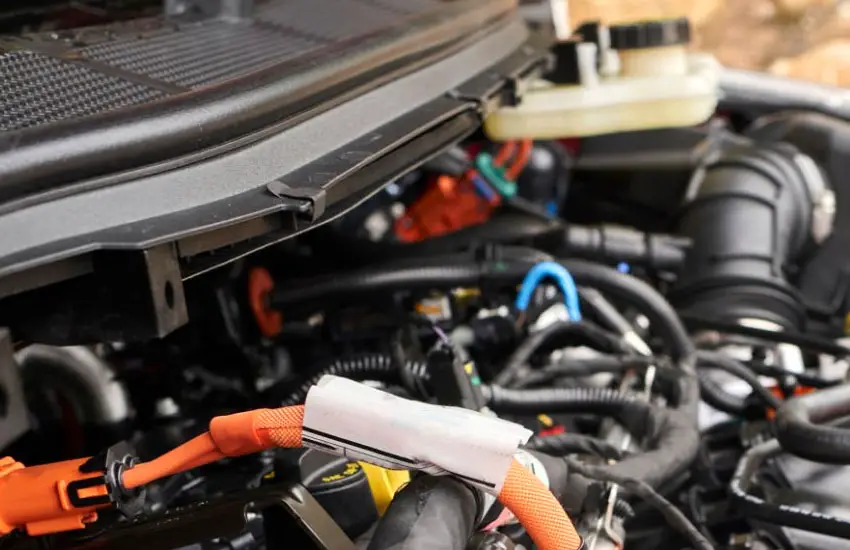
Horsepower of the 1600CC VW Engine
Stock Horsepower Ratings
The stock horsepower rating of the 1600CC VW engine is typically around 50 to 60 horsepower. This number can vary slightly based on specific model variations and the condition of the engine. For example, the dual-port version of the engine, which was introduced later, can produce closer to 60 horsepower due to improved airflow and design changes.
Factors Affecting Horsepower
Several factors can influence the horsepower of a 1600CC VW engine. These factors include:
- Engine Type: The 1600CC engine came in various configurations, including single-port and dual-port versions. The dual-port version typically offers more horsepower due to its better airflow design.
- Fuel Quality: The quality of fuel used can significantly impact horsepower. Higher octane fuel can help an engine run more efficiently, potentially increasing power output.
- Tuning: Proper tuning can enhance horsepower. Adjusting the carburetor, ignition timing, and other factors can lead to better performance.
- Exhaust System: Upgrading the exhaust system can also improve horsepower by allowing exhaust gases to exit more efficiently, thus improving engine performance.
Comparing to Other Engines
When comparing the 1600CC VW engine to other engines of similar size, it is essential to note that the horsepower figures can vary widely. For instance, many modern engines in the same cubic centimeter range can produce significantly more horsepower due to advancements in technology and engineering. However, the VW engine’s charm lies in its simplicity and reliability, making it a favorite among enthusiasts.
Modifying the Engine for More Power
If you’re looking to increase the horsepower of a 1600CC VW engine, several modifications can be made. Some popular upgrades include:
- Performance Carburetor: Upgrading to a high-performance carburetor can enhance airflow and fuel delivery, leading to increased horsepower.
- Aftermarket Exhaust: Installing a performance exhaust system can reduce back pressure and improve exhaust flow, resulting in better engine performance.
- Camshaft Upgrade: A new camshaft can change the timing of the engine’s valves, allowing for better airflow and increased power.
- Bigger Displacement: Some enthusiasts choose to increase the engine’s displacement by using larger pistons and cylinders. This can lead to a significant increase in horsepower.
Performance Characteristics of the 1600CC VW Engine
Torque and How It Affects Performance
Torque is another important factor in engine performance. It refers to the twisting force the engine produces and is crucial for acceleration and pulling power. The 1600CC VW engine produces around 100 Nm (Newton-meters) of torque. While this may not seem impressive by modern standards, it provides sufficient power for the lightweight vehicles it was designed to power.
Acceleration and Top Speed
The acceleration and top speed of a vehicle are closely related to its horsepower and torque. The 1600CC VW engine can typically accelerate from 0 to 60 mph in about 15 to 18 seconds, depending on the vehicle’s weight and other factors. The top speed for a VW Beetle equipped with a 1600CC engine is generally around 80 to 90 mph. This performance is adequate for city driving and leisurely trips, reflecting the engine’s design intentions.
Fuel Efficiency
One of the appealing aspects of the 1600CC VW engine is its fuel efficiency. This engine can achieve around 25 to 30 miles per gallon (MPG), making it an economical choice for daily driving. Its relatively low fuel consumption has made it a popular option for those looking to save on fuel costs, especially during the gas crises of the 1970s.
Driving Experience
Driving a vehicle equipped with a 1600CC VW engine offers a unique experience. The engine’s sound, combined with its vintage styling, creates a nostalgic feeling. The engine is known for its simplicity, making it easy to maintain and repair. Many drivers appreciate the direct connection they feel with the vehicle due to its straightforward mechanical design.
Maintenance and Longevity of the 1600CC VW Engine
Regular Maintenance Requirements
To keep a 1600CC VW engine running smoothly, regular maintenance is essential. Some of the key maintenance tasks include:
- Oil Changes: Regular oil changes are crucial for keeping the engine lubricated and preventing wear.
- Valve Adjustments: The engine’s valves may require periodic adjustments to ensure optimal performance.
- Spark Plug Replacements: Changing spark plugs at regular intervals helps maintain ignition efficiency and performance.
- Air Filter Replacement: A clean air filter is essential for proper airflow to the engine, impacting performance and fuel efficiency.
Common Issues and Solutions
Like any engine, the 1600CC VW engine can experience common issues over time. Some frequent problems include:
- Overheating: This can occur due to a faulty cooling system. Ensuring the cooling system is functioning correctly and regularly checking coolant levels can help prevent overheating.
- Oil Leaks: Oil leaks are common in older engines. Inspecting gaskets and seals regularly can help identify and address leaks before they become serious.
- Fuel System Problems: Clogged fuel filters or carburetor issues can lead to performance problems. Regularly cleaning the fuel system can help maintain performance.
Tips for Extending Engine Life
To extend the life of a 1600CC VW engine, consider the following tips:
- Use High-Quality Parts: When replacing parts, opt for high-quality aftermarket or OEM parts to ensure durability and reliability.
- Drive Sensibly: Avoid excessive revving and aggressive driving. Smooth acceleration and braking can reduce wear on engine components.
- Keep It Clean: Regularly cleaning the engine bay can help identify leaks and other issues before they become serious.
- Store Properly: If you don’t plan to drive the vehicle for an extended period, store it properly to prevent damage from weather or pests.
I hope this blog post has provided you with valuable insights into the horsepower of a 1600CC VW engine. Understanding its specifications, performance characteristics, and maintenance needs can enhance your appreciation for this classic engine. Whether you’re a seasoned enthusiast or new to the world of vintage cars, the 1600CC VW engine remains an iconic piece of automotive history worth exploring.
Are These Questions in Your Mind?
Is it easy to find replacement parts for a 1600CC VW engine?
Yes, replacement parts for the 1600CC VW engine are widely available. Many aftermarket suppliers offer a range of parts, making it easier to maintain and repair these engines.
Can I install a turbocharger on a 1600CC VW engine?
Yes, you can install a turbocharger on a 1600CC VW engine. However, proper tuning and supporting modifications are necessary to ensure the engine runs smoothly and reliably.
Do I need special tools for maintenance on a 1600CC VW engine?
While some standard automotive tools will suffice, having specific tools designed for VW engines, such as a valve adjustment tool, can make maintenance easier.
Is it possible to convert a 1600CC VW engine to run on alternative fuels?
Yes, it is possible to convert a 1600CC VW engine to run on alternative fuels such as ethanol or propane, but modifications to the fuel system may be necessary.
Can I use synthetic oil in a 1600CC VW engine?
Yes, synthetic oil can be used in a 1600CC VW engine. Many enthusiasts prefer synthetic oil for its superior protection and performance characteristics.
Do I need to adjust the engine for high-altitude driving?
Yes, driving at high altitudes may require adjusting the carburetor or fuel mixture to ensure optimal performance due to the thinner air.
Is the 1600CC VW engine suitable for off-road use?
While not specifically designed for off-road use, some enthusiasts have modified the 1600CC VW engine for off-road applications. Careful tuning and enhancements are necessary for reliable performance in such conditions.
Can I find a 1600CC VW engine in other Volkswagen models?
Yes, the 1600CC engine was used in various Volkswagen models, including the Type 2 (Bus), Type 3, and Karmann Ghia, making it versatile and popular among VW enthusiasts.
Is it difficult to rebuild a 1600CC VW engine?
Rebuilding a 1600CC VW engine can be challenging but is manageable for those with basic mechanical skills and tools. Many enthusiasts enjoy the process as a rewarding project.
Do I need to use a specific type of fuel for a 1600CC VW engine?
While the 1600CC VW engine can run on regular unleaded gasoline, using higher octane fuel can enhance performance and efficiency, especially in modified engines.



